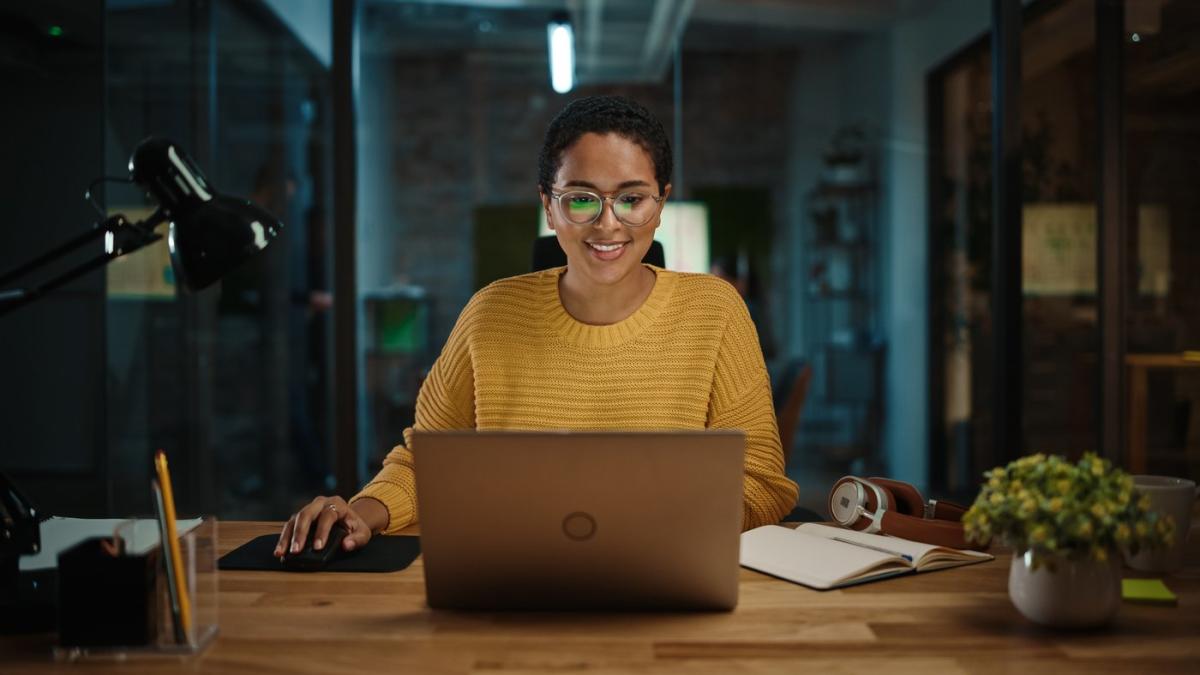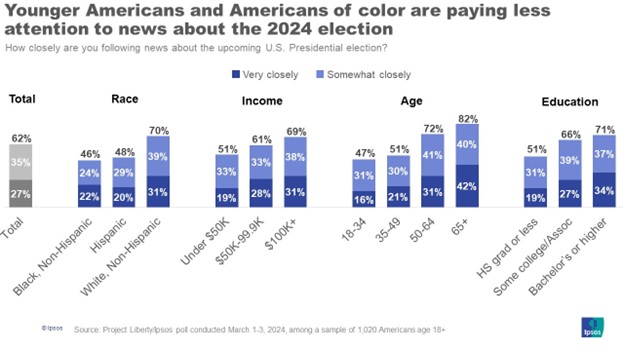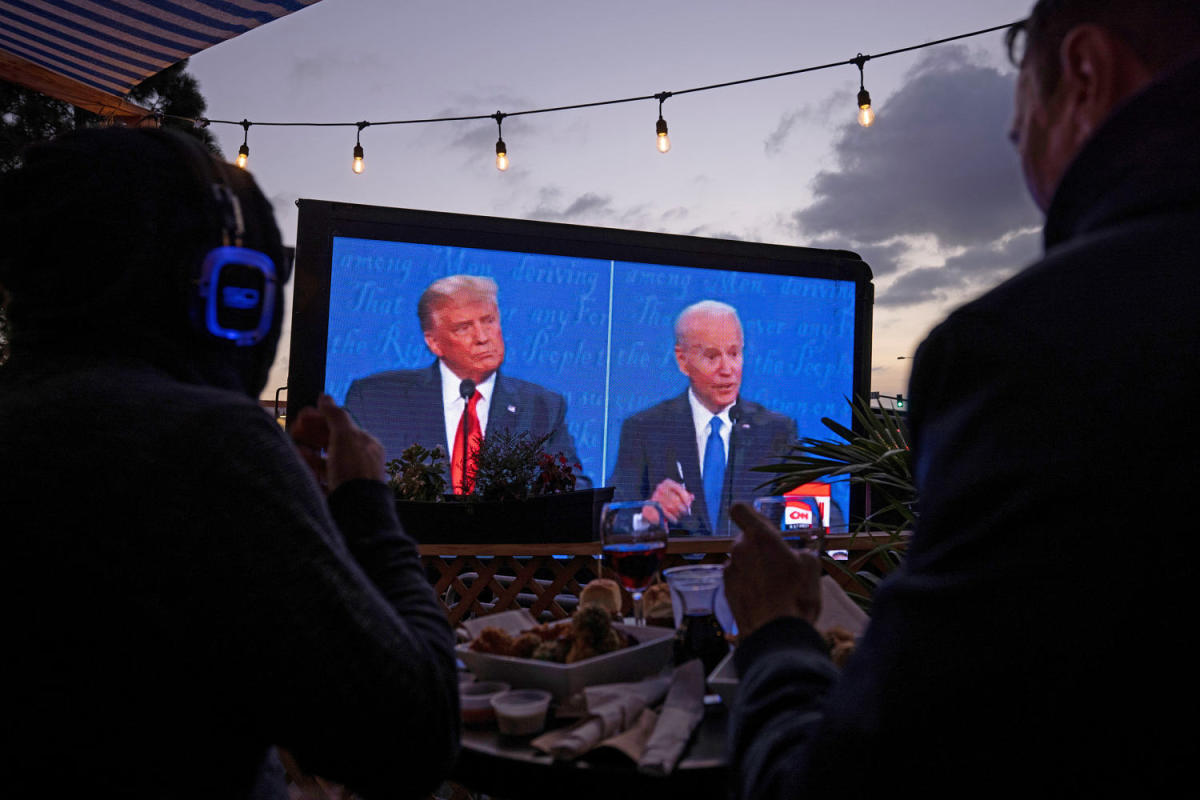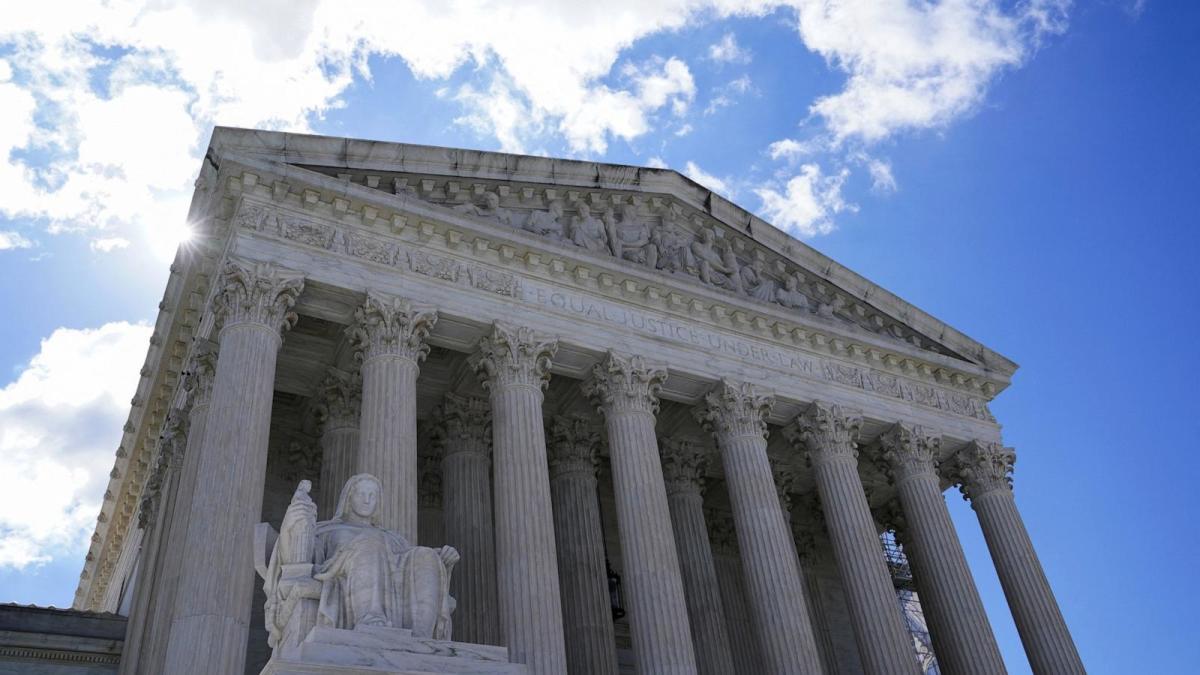Meanwhile, just one in four Americans say they are following news around the 2024 election very closely
June 17, 2024 – Washington, DC – A majority of Americans feel that false or made-up news and information will be a big problem or somewhat big problem in the upcoming 2024 U.S. Presidential election, according to a new Project Liberty/Ipsos poll among a nationally representative sample of 1,020 Americans age 18+.
The poll also finds that just one in four Americans report paying close attention to the news cycle, levels that are lowest among younger, Black, and Hispanic Americans. Americans are most likely to turn to other news sources or a web search to check if information they hear is correct; few turn to social media or Artificial Intelligence (AI) models like ChatGPT or Bard.
Around a third of Americans report that they encountered news that they thought was true but later found out was fake or incorrect. A plurality of Americans feel it is the responsibility of news outlets, journalists, and/or reporters to reduce the amount of fake news or false/inaccurate information about candidates and elections in 2024, while few think the government is responsible for doing so.
Detailed Findings:
One in four Americans (27%) report paying attention to the upcoming U.S. Presidential election “very closely, while 35% report paying attention “somewhat closely.”
Older Americans are the most likely to be paying very close or somewhat close attention to the election (82% of those aged 65+ and 72% among 50-64), while younger Americans, including those aged 18-34 (47%) and 35-49 (51%), are among the least likely demographics to be paying attention.
There are also significant differences by race and gender: White (70%) and male (68%) respondents are more likely to report paying very/somewhat close attention to the election compared to Black (46%), Hispanic (48%), and female (56%) respondents. There are no significant differences by party: 66% of Republicans, 68% of Democrats, and 61% of independents report paying attention to news about the election.
Among respondents who are following news about the upcoming U.S. Presidential election very closely, somewhat closely, or not very closely, the most common news sources include TV broadcast news (55%), local newspapers or TV news (48%), newspapers/news websites (41%) and social media (41%).
Notably, Americans aged 18-34 are the only age group that is most likely to turn to social media for political news (62%) and are far less likely to turn to sources like TV broadcast news (44%) and local newspapers or TV news (38%) compared to older Americans. Republicans are also more likely to turn to conservative media (60%) compared to Democrats (12%) and independents (23%); Democrats (53%) are more likely to turn to cable news than Republicans (28%) or independents (36%)
About the Study
This Ipsos poll was conducted March 1-3 2024, by Ipsos for Project Liberty using the probability-based KnowledgePanel®. This poll is based on a representative probability sample of 1,020 general population adults age 18 or older in the United States.
The margin of sampling error for this study is plus or minus 3.3 percentage points at the 95% confidence level, for results based on the entire sample of adults. The margin of sampling error takes into account the design effect, which was 1.16. The margin of sampling error is higher and varies for results based on other sub-samples. In our reporting of the findings, percentage points are rounded off to the nearest whole number. As a result, percentages in a given table column may total slightly higher or lower than 100%. In questions that permit multiple responses, columns may total substantially more than 100%, depending on the number of different responses offered by each respondent.
The survey was conducted using KnowledgePanel, the largest and most well-established online probability-based panel that is representative of the adult US population. Our recruitment process employs a scientifically developed addressed-based sampling methodology using the latest Delivery Sequence File of the USPS – a database with full coverage of all delivery points in the US. Households invited to join the panel are randomly selected from all available households in the U.S. Persons in the sampled households are invited to join and participate in the panel. Those selected who do not already have internet access are provided a tablet and internet connection at no cost to the panel member. Those who join the panel and who are selected to participate in a survey are sent a unique password-protected log-in used to complete surveys online. As a result of our recruitment and sampling methodologies, samples from KnowledgePanel cover all households regardless of their phone or internet status and findings can be reported with a margin of sampling error and projected to the general population.
The data for the total sample were weighted to adjust for gender by age, race/ethnicity, Census region, education, household income, metropolitan status, and political party identification. The demographic benchmarks came from the 2023 March Supplement of the Current Population Survey (CPS). Political party identification benchmarks came from high quality 2023 ABC telephone polls.
About Ipsos
Ipsos is one of the largest market research and polling companies globally, operating in 90 markets and employing over 18,000 people.
Our passionately curious research professionals, analysts and scientists have built unique multi-specialist capabilities that provide true understanding and powerful insights into the actions, opinions and motivations of citizens, consumers, patients, customers or employees. Our 75 solutions are based on primary data from our surveys, social media monitoring, and qualitative or observational techniques.
Our tagline “Game Changers” sums up our ambition to help our 5,000 customers move confidently through a rapidly changing world.
Founded in France in 1975, Ipsos has been listed on the Euronext Paris since July 1, 1999. The company is part of the SBF 120 and Mid-60 indices and is eligible for the Deferred Settlement Service (SRD).ISIN code FR0000073298, Reuters ISOS.PA, Bloomberg IPS:FP
Source: Ipsos














